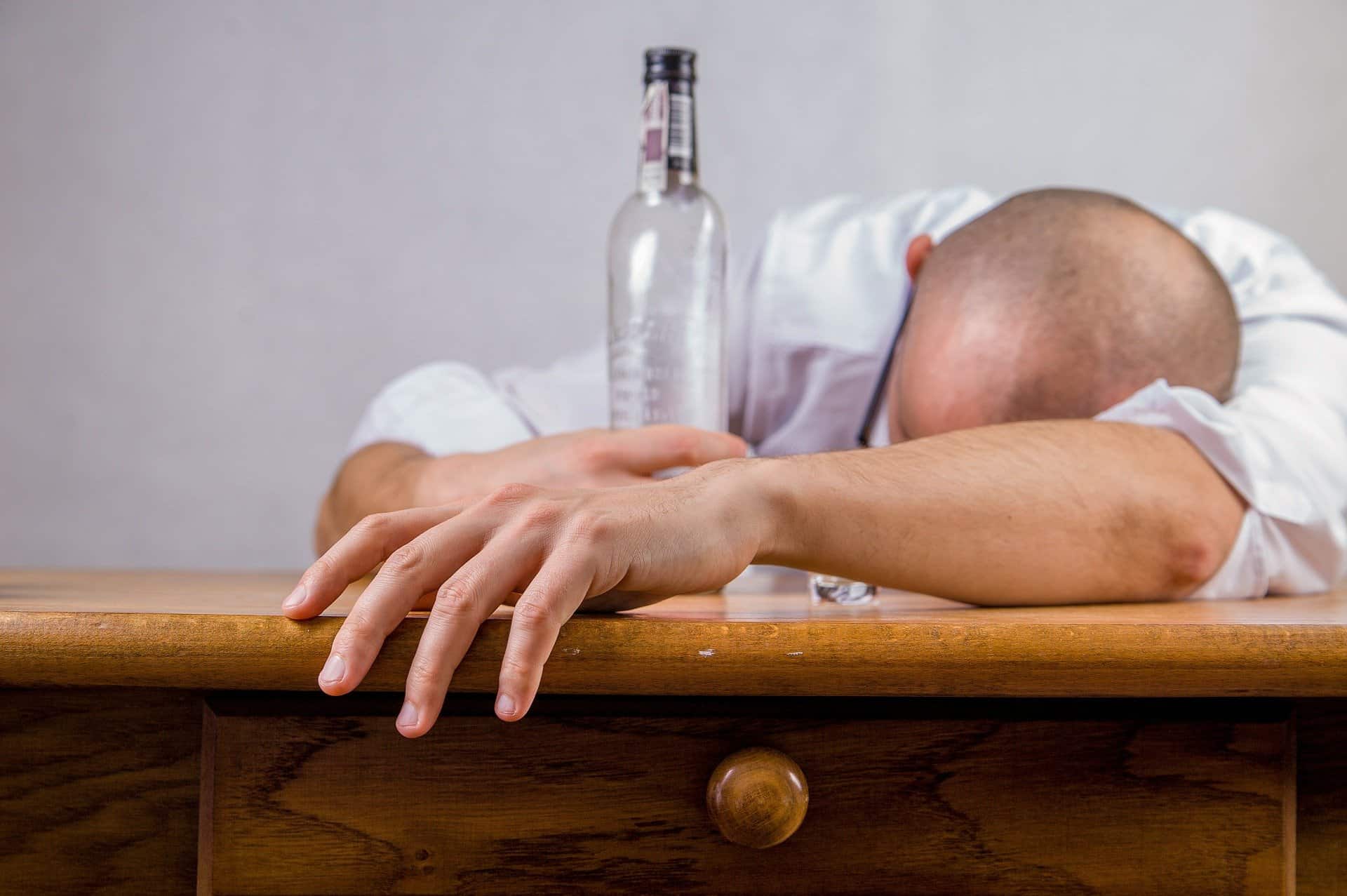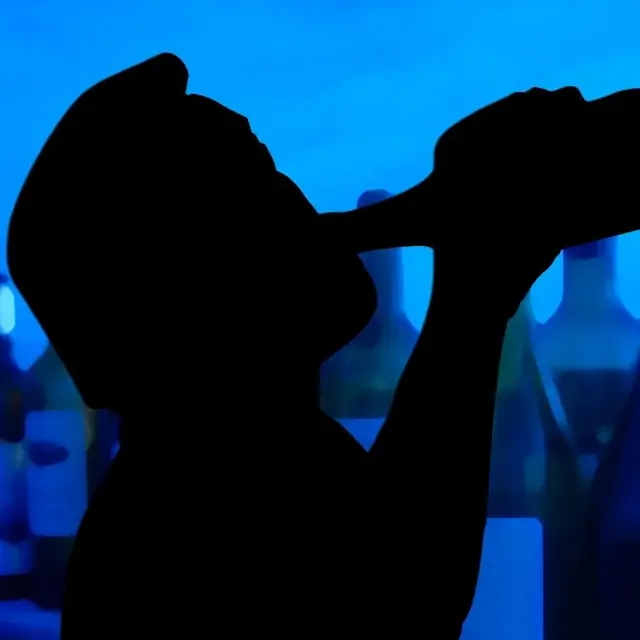Alcohol Addiction – Why it is an increasing problem
You don’t need to drink spirits to become addicted to alcohol
At The Haynes Clinic we offer free assessments either by telephone or, if people live nearby, then at the clinic for those that want to discuss their drinking. We offer advice on all available options whatever the extent of the problem. One of the questions that is often put to us is “I don’t drink spirits so I can’t be an alcoholic can I? ” The truth is that it doesn’t matter what alcoholic drink you consume. What does matter is how much of it you consume and over what period of time and what are the then consequences. Everyone is different so the effects of drinking alcohol will vary between individuals and because of this you can’t compare your drinking to what others drink.
The main psychoactive ingredient in an alcoholic drink is ethanol. This is generally referred to as alcohol and ethanol is the ingredient that gets you drunk. It’s produced by yeasts that digest sugar in certain foods such as grapes, used to make wine, or grains used to make beer or lager and even certain vodkas are made from the fermentation of grains. All alcoholic drinks show the alcohol content in each bottle, for example 12% volume in a bottle of wine means that 12% of that bottle of wine is pure alcohol. As a comparison, in a bottle of Vodka or Whisky there is roughly 37.5% of the liquid in the bottle that is pure alcohol. The higher the %, the more alcohol is in the drink and every alcoholic drink shows the percentage of alcohol in it, marked on the side of each bottle.
Younger people than in the past are now needing an alcohol detox

Even as little as 10 years ago, the average age for being admitted for an alcohol detox in an addiction clinic was between 40 and 50. Now there are many more young people between 20 and 30 years of age requiring an alcohol detox. Research has shown that people tend to drink at their most heavy levels in their late teens and early to mid -twenties. Predominately, this is because the cost of alcohol has risen sharply in pubs and clubs and young people are choosing to drink at home or at a friend’s house. Therefore, they are not restricted to pouring out a pub measure and each drink is, unwittingly, at least a triple measure or a large, not small glass of wine. They then become intoxicated faster and quite often will be intoxicated before they then go out afterwards to a nightclub.
The more we drink, the more our tolerance goes up – and the more we need to drink
Certainly, we will probably all remember our first alcoholic drink and how we felt after it. Over time our body will get used to the ethanol and to try and get the same feeling back we will have to increase the amount and volume that we are drinking. We may also choose to drink alcohol with a higher % volume to get that feeling quicker and in time our body will become tolerant to that. For some of us, in time, we actually drink alcohol to try and feel normal and to get through a 24-hour period and this can happen at any age. We can experience alcohol withdrawal symptoms when we try and stop drinking and the alcohol now produces depressive mood swings. It is because our drinking pattern has changed that all these withdrawal symptoms are all happening at an earlier age than before.
Drinking alcohol can damage the brain as well as other parts of the body, such as the liver
Research has shown that the brain continues to develop, through adolescence, until we reach the age of 25 years old. There is growing medical concern that the increase in alcohol consumption during this critical development stage may lead to lifelong impairment in brain function, particularly as it relates to memory and memory loss. This could be particularly relevant for binge drinkers. Binge drinkers will binge drink alcohol for a period of time then stop and then there is a period of time before the process is repeated. Ultimately the binges get longer or the gaps between get shorter. This constant alcohol withdrawal could be potentially dangerous to both liver and brain. The liver breaks down the ethanol that we drink so that it can be removed from the body. We lose about one unit of alcohol an hour either from our breath or from urine. Drinking a large amount of alcohol, even for a few days can lead to, over a period of time, a build-up of fats in the liver which stops the liver working properly.
Drinking too much alcohol can negatively affect our mental health
There have also been other factors that have affected younger drinkers. There have been reports of mental health issues rising as a direct result of fallout from social media groups such as Facebook and Twitter. There has also been almost two years of lockdowns and working from home which have meant that the discipline of actually getting out of the home, to go to work, has gone. People have used alcohol to try and cope with mental health issues and it is so easy to pour a drink when working from home. These issues have also led to an increase in consumption and in some cases speeded up the need to seek help.
We need to honestly assess any changes in our drinking and how much we are drinking
It is important for people to look back over the last year and to honestly assess their drinking and to see how it may have changed. It could be that we are consuming more, we are drinking on a more regular basis, or friends and family are telling us that we need to cut down. All these indicators should not be ignored. It is not acceptable to say “I drink the same as …….” because they may have a problem as well. Also, to hide our increase in drinking we will generally mix with those that drink similar amounts so that we do not stand out.
Alcohol abuse does not get better on its own – we have to take action
One thing is certain, that if we recognise that we have a dependency on alcohol or alcohol is starting to impact on our life areas, then it will not plateau out on its own. It is 100% guaranteed to progressively get worse but the good news is that although alcohol addiction is recognised as a medical condition, there is help to get well. We just need to make the step to ask for that help and be willing to make changes to our thinking and behaviour.



